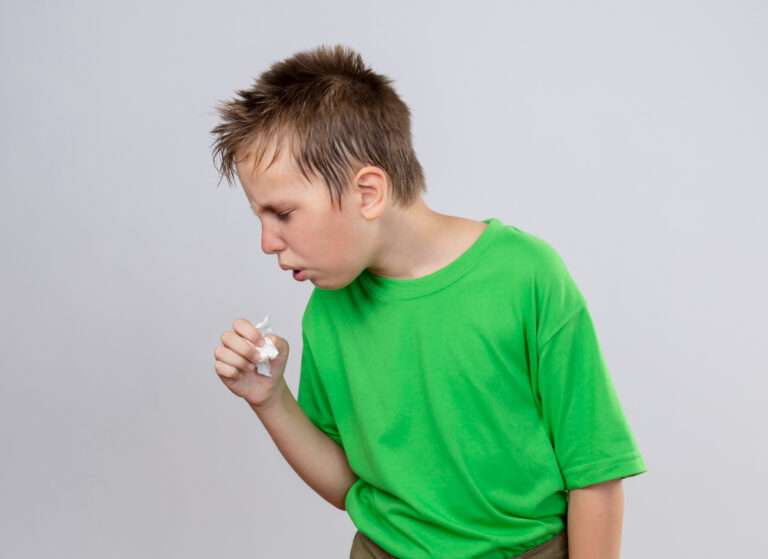RSV(Respiratory Syncytial Virus) in children
Respiratory Syncytial Virus (RSV) is a common respiratory virus that typically causes mild, cold-like symptoms, but it can be serious, especially for infants and older adults. Here’s a brief overview of the symptoms, treatment, and causes of RSV in children:
Symptoms of RSV in Children
- Runny Nose: Often the first sign, similar to a common cold.
- Decrease in Appetite: Common in many viral infections.
- Coughing and Wheezing: May develop a few days into the illness.
- Fever: Not always present, but common in many cases.
- Breathing Difficulties: In severe cases, children might show signs of respiratory distress, such as rapid breathing, flaring nostrils, or a caved-in chest.
Treatment of RSV in Children
- No Specific Treatment: Generally, RSV infections are self-limiting and resolve on their own.
- Supportive Care: Includes rest, fluids, and fever management with over-the-counter medications like acetaminophen (for children over 3 months).
- Hospitalization: In severe cases, especially for infants, hospitalization may be required for oxygen therapy or other supportive care.
Causes and Risk Factors
- Viral Infection: RSV is a virus that spreads through respiratory droplets.
- Seasonal Trends: RSV infections are more common in fall, winter, and spring.
- Close Contact: Spreads through close contact, especially in crowded conditions.
- Risk Factors: Premature infants, children with chronic lung disease, congenital heart disease, or weakened immune systems are at higher risk for severe illness.
Prevention
- Hand Washing: Regular and thorough hand washing can help prevent the spread of the virus.
- Avoiding Close Contact: With sick individuals, especially during RSV season.
- Clean Surfaces: Regularly disinfecting toys and surfaces.
For specific concerns or severe symptoms, it’s important to consult a healthcare professional. They can provide guidance tailored to the individual child’s health needs.
------------From our Sponsors------------





